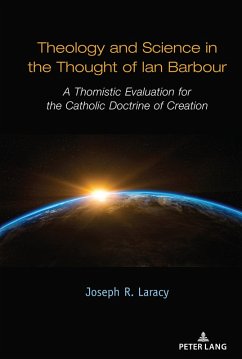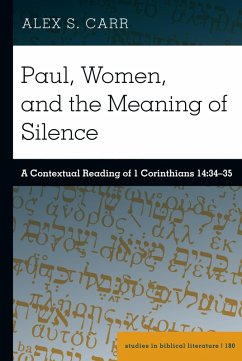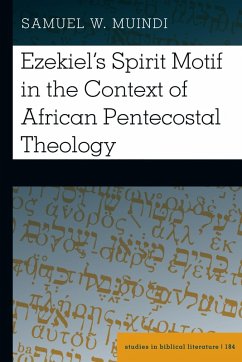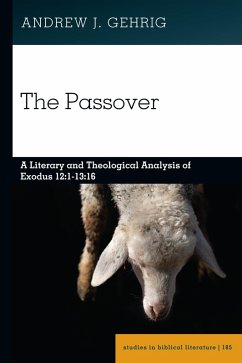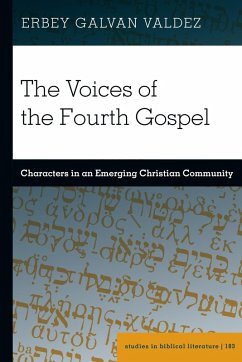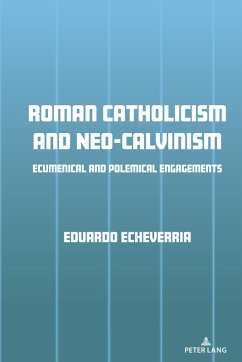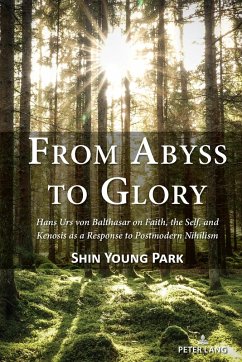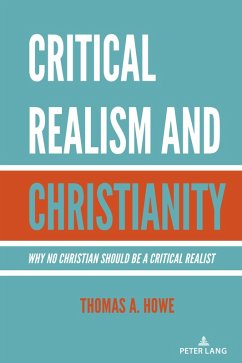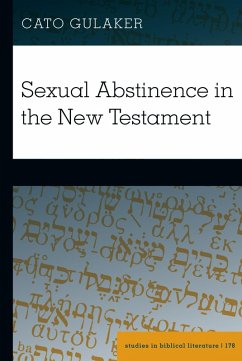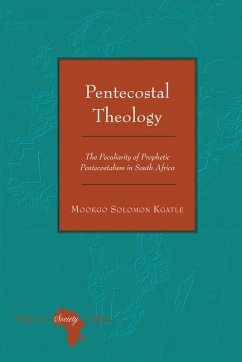
Theology and Science in the Thought of Ian Barbour (eBook, ePUB)
A Thomistic Evaluation for the Catholic Doctrine of Creation
Versandkostenfrei!
Sofort per Download lieferbar
Statt: 114,00 €**
92,95 €
inkl. MwSt.
**Preis der gedruckten Ausgabe (Gebundenes Buch)
Alle Infos zum eBook verschenkenWeitere Ausgaben:

PAYBACK Punkte
46 °P sammeln!
This book is an important new study on the thought of the late Professor Ian Graeme Barbour (1923-2013). Barbour was a prominent American theologian and physicist who served for many years on the faculty of Carleton College, Northfield, Minnesota, USA. His highly significant research on the relationship between theology and science led to an invitation to deliver the esteemed Gifford Lectures in Scotland (1989-1991) and won him the prestigious Templeton Prize in 1999. In this monograph, Joseph R. Laracy analyzes Ian Barbour's distinctive approach to the relationship between theology and scienc...
This book is an important new study on the thought of the late Professor Ian Graeme Barbour (1923-2013). Barbour was a prominent American theologian and physicist who served for many years on the faculty of Carleton College, Northfield, Minnesota, USA. His highly significant research on the relationship between theology and science led to an invitation to deliver the esteemed Gifford Lectures in Scotland (1989-1991) and won him the prestigious Templeton Prize in 1999. In this monograph, Joseph R. Laracy analyzes Ian Barbour's distinctive approach to the relationship between theology and science, largely unexplored in the Catholic tradition, according to fundamental theological criteria. He investigates the possibility for Barbour's epistemic, metaphysical, and theological principles to enrich the dialogue and integration (to use Barbour's terms) of the Catholic doctrine of creation with the natural sciences. Throughout the monograph, substantial reference is made to Saint Thomas Aquinas, as a Catholic "monument" to the doctrine of creation in particular, and more generally, the beneficial interaction of natural philosophy, metaphysics, and revealed theology.
This book will likely be of interest to graduate students and scholars in the fields of fundamental and systematic theology, religion and science, the philosophy of science, and the history of science.
This book will likely be of interest to graduate students and scholars in the fields of fundamental and systematic theology, religion and science, the philosophy of science, and the history of science.
Dieser Download kann aus rechtlichen Gründen nur mit Rechnungsadresse in A, D ausgeliefert werden.




